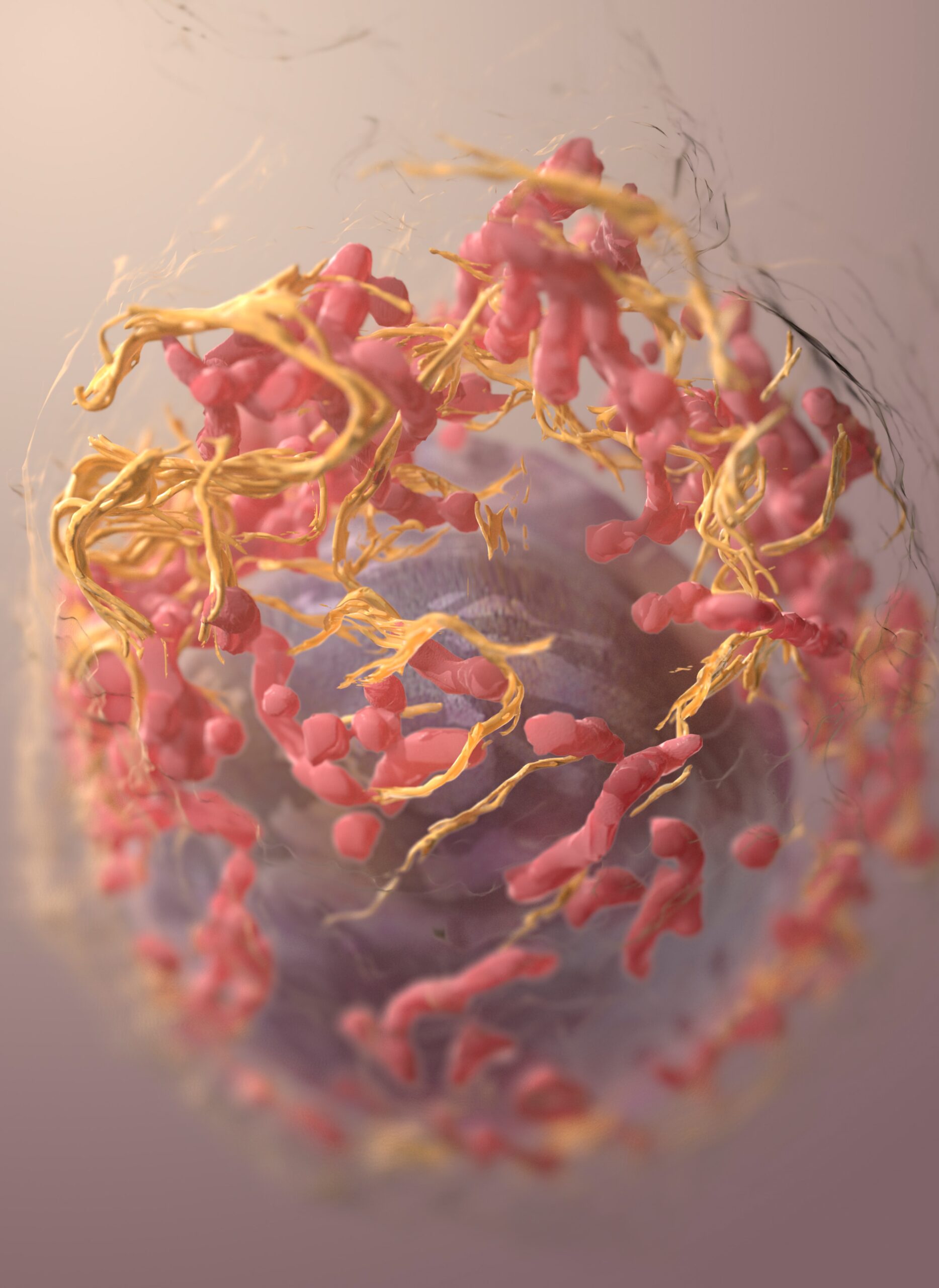Get best cancer treatment in India
Cancer treatment in India, oncology, breast cancer, Prostate cancer, lung cancer, stomach cancer



Oncology
Thank you for visiting our dedicated Oncology treatment website in India. We extend a warm welcome to you as we strive to provide compassionate and personalized care to patients battling cancer. Our team consists of exceptional doctors and staff who possess extensive expertise in their respective fields and leverage the advancements of state-of-the-art medical technologies.
Our mission is to deliver comprehensive cancer care, beginning with accurate diagnosis and extending through treatment and post-treatment follow-up care. We are deeply committed to supporting you in your journey to overcome cancer and empowering you to embrace a healthy and fulfilling life.
Thank you for considering us as your partner in your fight against cancer. We look forward to supporting you on your path to healing and a brighter future.
Breast Cancer

Breast cancer treatment in India has made remarkable strides in recent years, earning global recognition for its advancements. With state-of-the-art medical facilities, cutting-edge technology, and a compassionate team of highly skilled professionals, India has emerged as a premier destination for breast cancer treatment.
In India, patients have access to a comprehensive range of treatment options for breast cancer, including surgery, radiation therapy, chemotherapy, hormonal therapy, targeted therapy, and immunotherapy.
Esteemed hospitals in India boast dedicated oncology departments that are equipped with advanced resources and staffed by multidisciplinary teams. Surgeons, medical and radiation oncologists, pathologists, and other specialists collaborate to design personalized treatment plans tailored to each patient’s unique needs.
One of the notable advantages of choosing breast cancer treatment in India is its cost-effectiveness. The expenses associated with breast cancer treatment in India are significantly lower compared to many other countries, making it an appealing option for patients seeking affordable alternatives without compromising on quality.
In summary, breast cancer treatment in India offers a compelling combination of cutting-edge technology, highly skilled healthcare professionals, and cost-effectiveness. It has become an outstanding choice for patients seeking superior and affordable care for breast cancer.
Breast cancer treatment in India encompasses a wide range of primary options, including surgery, radiation therapy, chemotherapy, hormonal therapy, and targeted therapy.
Surgery is often the initial approach, involving the removal of the tumor along with surrounding tissue. Various surgical procedures may be performed, such as lumpectomy (removal of the tumor and a small amount of surrounding tissue), mastectomy (complete removal of the breast), and lymph node removal.
Radiation therapy utilizes high-energy radiation to eliminate cancer cells and is commonly administered after surgery to eradicate any remaining cancer cells. Chemotherapy uses drugs to destroy cancer cells and is typically given after surgery. In some cases, it may be administered before surgery to shrink the tumor, facilitating its removal.
Hormonal therapy is employed to block the hormones that fuel the growth of specific types of breast cancer, particularly in women with hormone receptor-positive breast cancer. Targeted therapy uses drugs that target specific molecules promoting cancer cell growth.
In addition, there are clinical trials available for patients interested in participating, which explore new and innovative treatments for breast cancer.
India is home to several world-class hospitals and cancer centers that offer advanced breast cancer treatments. These facilities are equipped with state-of-the-art technologies and staffed by highly skilled medical professionals specialized in diagnosing and treating breast cancer. Furthermore, the cost of breast cancer treatment in India is relatively affordable compared to other countries, making it an attractive option for patients seeking high-quality care at a reasonable price.
Prostate Cancer

Prostate cancer is one of the most prevalent cancers affecting men, and it has a notably high incidence rate in India. This type of cancer specifically targets the prostate gland, a small organ located below the bladder and in front of the rectum. The prostate gland contributes to the production of fluid that forms part of semen.
In India, renowned hospitals and medical centers offer a range of advanced treatment options for prostate cancer to international patients. These treatment modalities include:
Surgery: Surgery is often the primary treatment choice for prostate cancer. The most common surgical procedure performed is radical prostatectomy, which involves the complete removal of the prostate gland.
Radiation therapy: Radiation therapy uses high-energy radiation to eliminate cancer cells. It can be administered externally or internally and is frequently employed after surgery to eradicate any remaining cancer cells.
Hormone therapy: Hormone therapy is employed to slow down the growth and spread of prostate cancer. By reducing the levels of male hormones (androgens) in the body, hormone therapy inhibits the fueling of prostate cancer growth.
Chemotherapy: Chemotherapy uses drugs to destroy cancer cells. It is typically reserved for advanced cases of prostate cancer that have metastasized to other parts of the body.
Immunotherapy: Immunotherapy is an innovative cancer treatment that enhances the body’s immune system to combat cancer. This newer treatment option is often used in conjunction with other therapies for prostate cancer.
India is a sought-after destination for medical tourism, offering a healthcare system equipped with cutting-edge technology and world-class facilities. International patients can access high-quality care at a fraction of the cost compared to many Western countries. Moreover, numerous Indian hospitals provide language interpreters and dedicated departments catering to international patients, ensuring personalized care and attention.
Lung Cancer

Lung cancer, characterized by the abnormal growth of cells in the lungs, remains the leading cause of cancer-related deaths worldwide. It can be classified into two primary types: non-small cell lung cancer (NSCLC) and small cell lung cancer (SCLC).
The treatment approach for lung cancer varies depending on factors such as the stage of cancer, overall health of the patient, and individual considerations. The main treatment options for lung cancer include:
Surgery: Surgery is a viable option for patients diagnosed with early-stage NSCLC. It involves the removal of the tumor along with surrounding healthy tissue.
Radiation therapy: This treatment uses high-energy radiation to target and eliminate cancer cells. It can be used as a standalone treatment or in combination with surgery or chemotherapy.
Chemotherapy: Chemotherapy utilizes powerful drugs to kill cancer cells. It is typically administered through injection or intravenously.
Targeted therapy: Targeted therapy is designed to specifically target genes or proteins that contribute to the growth and spread of cancer cells. It may be used independently or in combination with other treatments.
Immunotherapy: Immunotherapy assists the body’s immune system in recognizing and attacking cancer cells. It represents a relatively recent treatment option for lung cancer and is still being investigated through clinical trials.
Palliative care: Palliative care focuses on enhancing the quality of life for patients with advanced lung cancer. It helps manage symptoms such as pain, shortness of breath, and fatigue.
The selection of the most appropriate treatment relies on factors such as cancer type, stage, overall health, and patient preferences. It is crucial for patients to engage in thorough discussions with their healthcare provider to evaluate the benefits and risks associated with each treatment option before making informed decisions.
Colorectal Cancer

Colorectal cancer, which affects the colon or rectum, stands as the third most common cancer worldwide and requires prompt detection and treatment to mitigate life-threatening risks. India has emerged as a preferred destination for medical tourism, including cancer treatment, offering advanced technology, skilled medical professionals, and cost-effectiveness.
In India, the treatment options for colorectal cancer encompass surgery, chemotherapy, radiation therapy, targeted therapy, and immunotherapy. Surgery serves as the primary approach, involving the removal of a portion of the colon or rectum. Following surgery, chemotherapy or radiation therapy may be employed to eliminate any remaining cancer cells.
Colorectal cancer, which affects the colon or rectum, stands as the third most common cancer worldwide and requires prompt detection and treatment to mitigate life-threatening risks. India has emerged as a preferred destination for medical tourism, including cancer treatment, offering advanced technology, skilled medical professionals, and cost-effectiveness.
In India, the treatment options for colorectal cancer encompass surgery, chemotherapy, radiation therapy, targeted therapy, and immunotherapy. Surgery serves as the primary approach, involving the removal of a portion of the colon or rectum. Following surgery, chemotherapy or radiation therapy may be employed to eliminate any remaining cancer cells.
Chemotherapy utilizes drugs to destroy cancer cells and is often combined with surgery. Radiation therapy employs high-energy rays to eradicate cancer cells and can be utilized alongside surgery or chemotherapy.
Targeted therapy represents a specialized approach that targets specific genes or proteins responsible for cancer cell growth. Immunotherapy harnesses the body’s immune system to combat cancer.
By offering a comprehensive range of treatment options and leveraging advancements in medical technology, India has positioned itself as a destination for high-quality and cost-effective colorectal cancer treatment.
Bone Marrow Transplant

Bone marrow transplant (BMT) is a medical procedure aimed at replacing damaged or destroyed bone marrow with healthy bone marrow stem cells. It is a widely used treatment for various blood cancers, including leukemia, lymphoma, and multiple myeloma, as well as certain non-cancerous blood disorders such as sickle cell anemia and thalassemia.
In India, specialized hospitals and medical centers offer bone marrow transplant services with a dedicated team of experienced hematologists, oncologists, and transplant specialists. One of the key advantages of seeking a bone marrow transplant in India is the significantly lower cost compared to many other countries, making it an attractive option for international patients in search of affordable and high-quality healthcare.
There are two primary types of bone marrow transplant: autologous and allogeneic. Autologous bone marrow transplant involves collecting the patient’s healthy bone marrow stem cells before subjecting them to high-dose chemotherapy or radiation therapy to eliminate the cancerous or diseased bone marrow. The preserved stem cells are then reintroduced into the patient’s body to restore normal bone marrow function.
On the other hand, allogeneic bone marrow transplant involves collecting healthy stem cells from a compatible donor, who can be a family member or an unrelated volunteer. After undergoing high-dose chemotherapy or radiation therapy, the patient receives the transplanted stem cells, which migrate to the bone marrow and begin producing healthy blood cells.
India offers advanced bone marrow transplant procedures, including haploidentical transplants that use stem cells from a half-matched donor, as well as cord blood transplants that utilize stem cells harvested from the umbilical cord blood of newborn babies.
In addition to the transplant procedures, India provides comprehensive care for bone marrow transplant patients. This includes pre-transplant evaluation and screening, supportive care during and after the transplant, and follow-up care to monitor the patient’s progress and manage potential complications.
Overall, India has established itself as a prominent destination for bone marrow transplants due to its advanced medical facilities, experienced healthcare professionals, and cost-effectiveness. It is a preferred choice for international patients seeking effective treatment for blood cancers and various blood disorders.
FAQ'S
HCG Hospital and BLK Hospital are the best hospitals for cancer treatment in India.
The survival rate of cancer patients is 85 percent during 2012 through 2018 in children and from 68 percent to 86 percent in adolescents.
Cancer Treatment in India, Breast Cancer treatment in India, Prostate cancer surgery in India, lung cancer treatment, hospital in India, Oncology treatment, Affordable cancer surgery, colorectal cancer, chemotherapy in India, radiotherapy in India, cancer surgery in India, segmoid cancer, stomach cancer, abdominal cancer, uterus cancer, Blood Cancer, surgery, treatment, hormone therapy, Target therapy, immunotherapy, ductal carcinoma, metastatic cancer treatment in India, Bone Marrow Transplant for blood Cancer Patients, Acute Myeloma, Multiple Myeloma, Leukemia, Blood Cancer, Haematology








